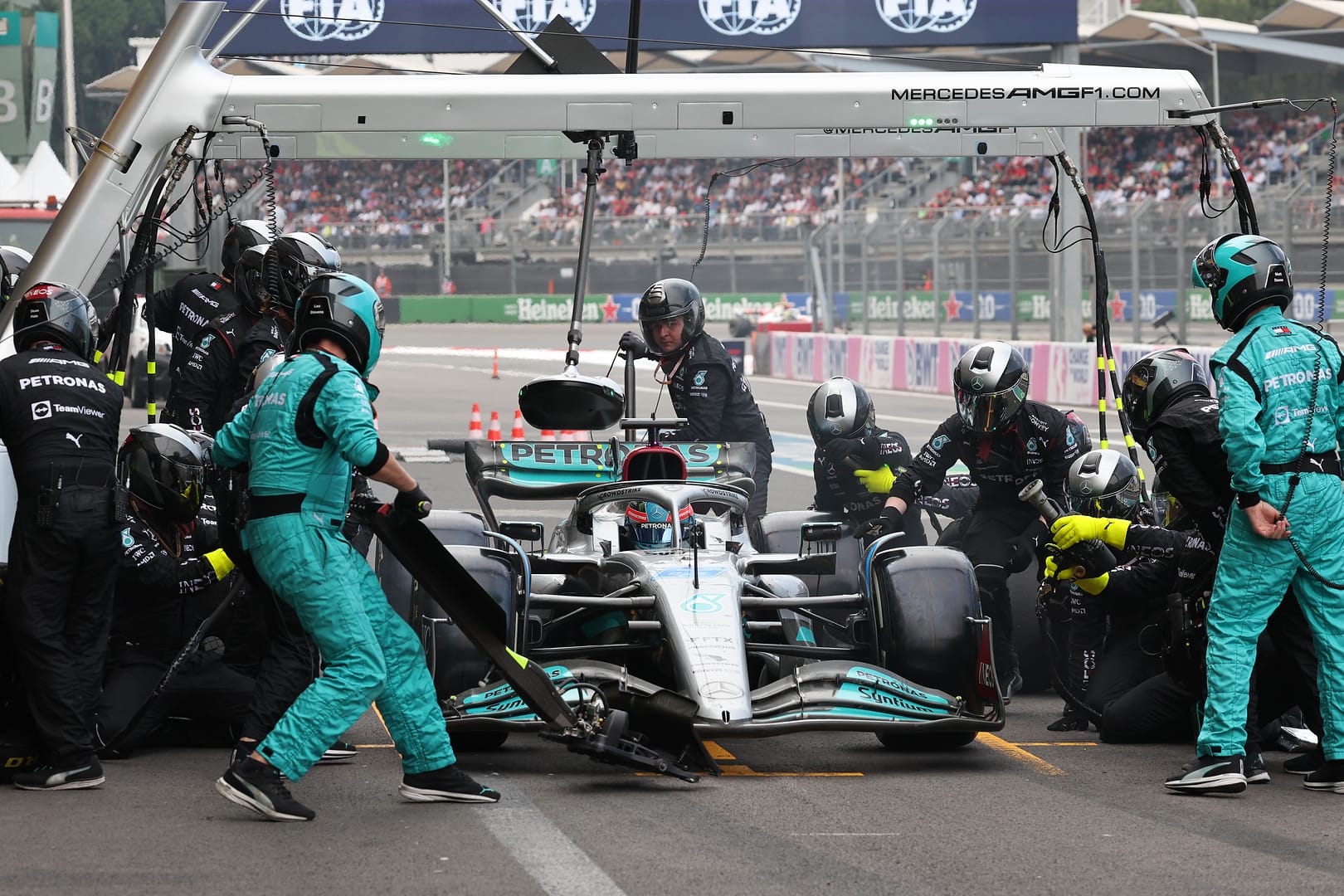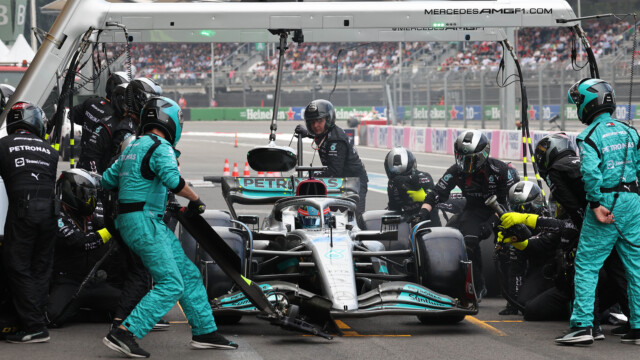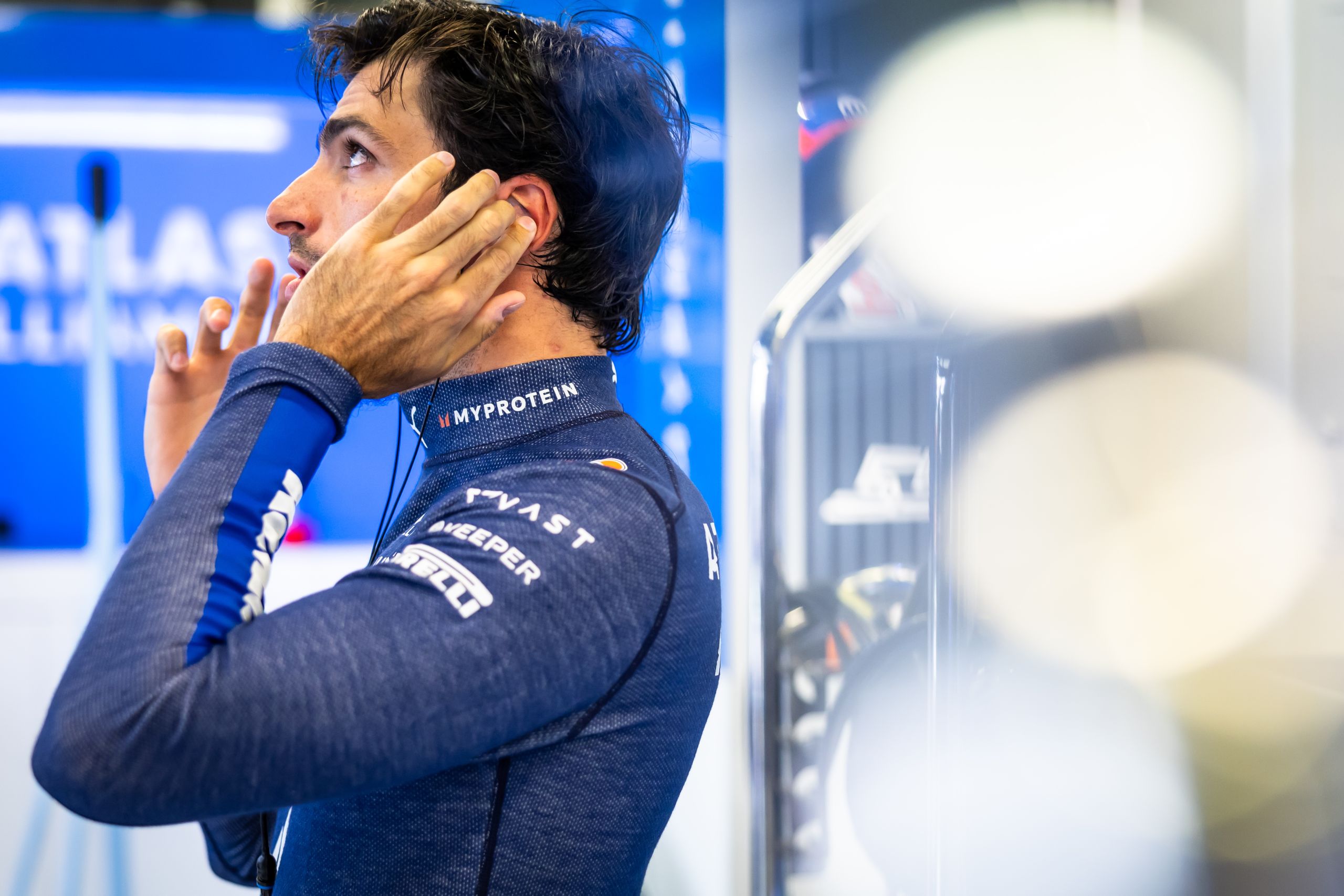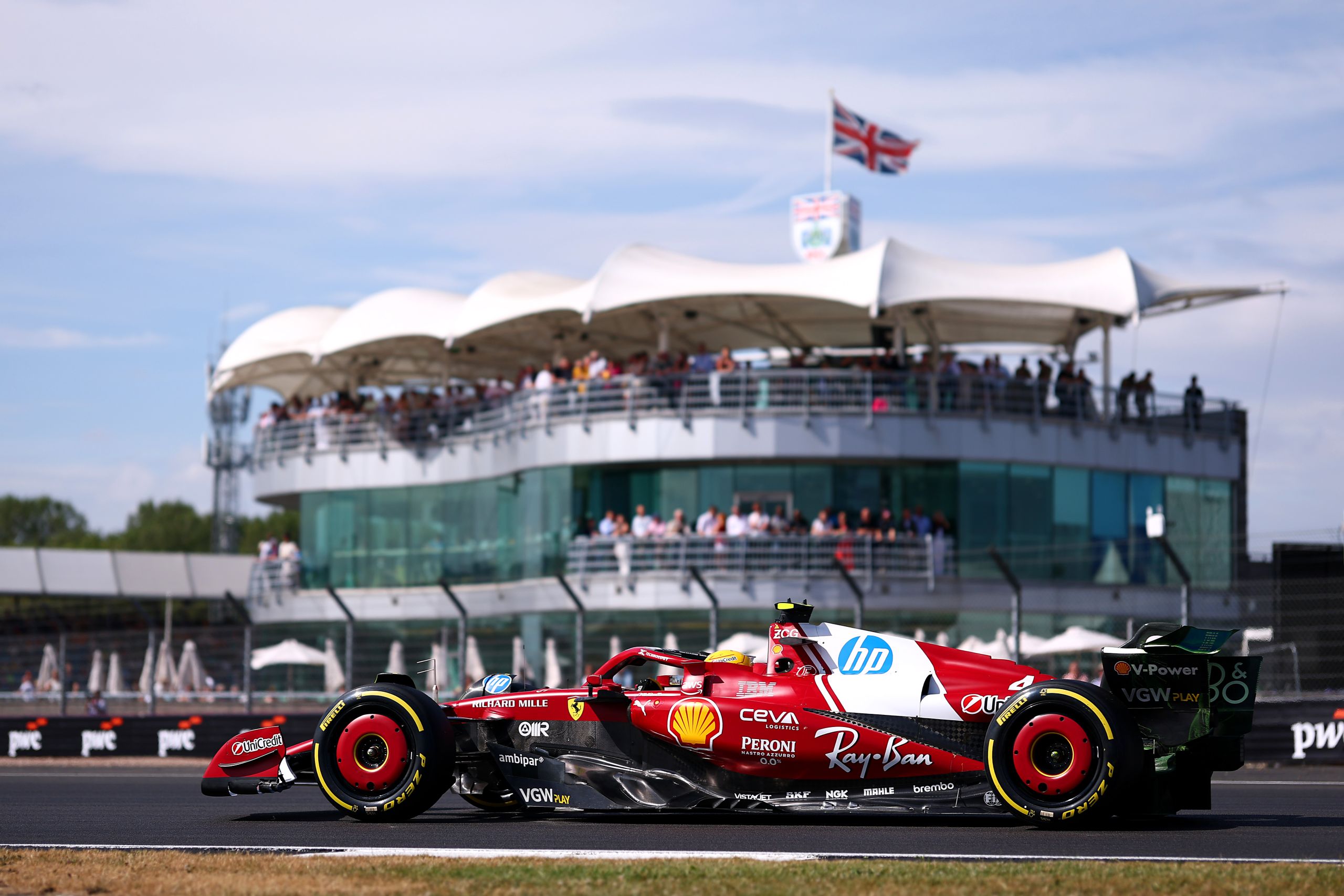Can Sleep Help An F1 Team Go Faster?


Formula One is a team sport. To win, every single person must be operating at their best, so can sleep help an F1 team go faster? With a 23-race calendar that spans the globe, the difficulties of keeping everyone at their highest level of performance are obvious.
Below, four Mercedes team members who play a vital role in tackling these challenges to understand more about wellbeing and human performance share what it takes to compete over the gruelling 2023 F1 season.
“When we talk about wellbeing, we talk about three main elements: physical, mental, and recovery,” explains Chris Armstrong, Wellbeing Programme Manager at the Mercedes team. “From a physical standpoint we want to make sure that team members are physically active, both in the workplace and at home. From a mental standpoint we want to make sure that all team members are happy but also able to focus. From a recovery standpoint we look at two real key areas: one is workload, making sure that people have adequate rest and recovery so they can do their job and then secondly, nutrition and hydration.”
With a large variety of roles with differing requirements, tailoring the approach is key. Sporting Director Ron Meadows is responsible for the travelling race team of mechanics. “Health and wellbeing is very important to get through the long calendar. The season starts in February and takes in 23 races plus several tests, before ending in November. We become a family who support each other.”
Team members who support remotely from Brackley are not immune from these challenges. Sleep patterns need to be adapted regularly, particularly for races such as Australia. “We have very good guidance from a scientific point of view, especially on sleep, nutrition, on how to best adapt what to do, when to start eating, when to shift and by how much in order to get onto Australian time,” explains Dominique Riefstahl, who runs the Race Support Operations at the factory.
And what about the drivers? Aleix Casanovas, Performance Coach for George Russell, adds: “Every race is different. We go to different continents and jetlag makes it complex… Australia is a big time zone shift for us. We start preparing beforehand, we change the body work a little bit and then use light and darkness a lot to adapt.”
There are many other methods the Mercedes team uses to optimise its human performance. “We are a high-performance team, always pushing the boundaries of everything we do,” Chris Armstrong says.





